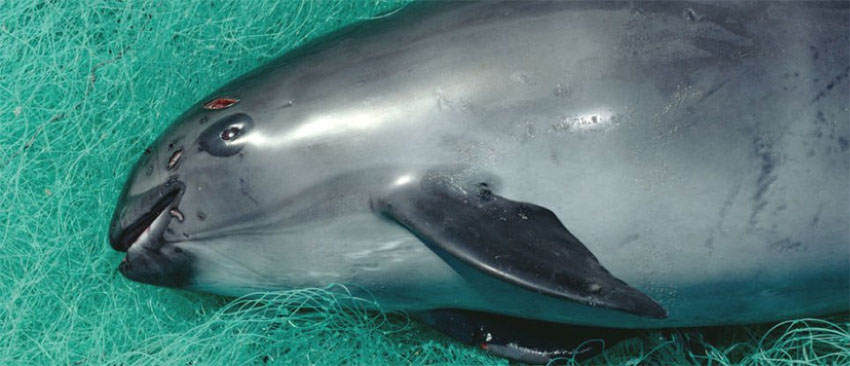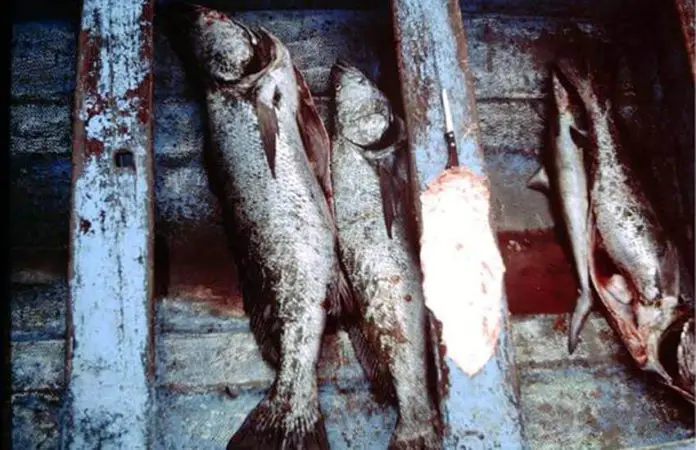Navy Minister José Rafael Ojeda Durán announced Tuesday that a totoaba trafficking cartel had been “dismantled,” following the arrest of seven of its members.
The so-called “Totoaba Cartel” operated in the Gulf of California and was engaged in trafficking the endangered fish, a practice that has also driven the vaquita porpoise to the verge of extinction.
The vaquita and totoaba are both native to the Gulf of California. The totoaba’s swim bladder is frequently illegally trafficked to the U.S. and then to China, where it is believed to hold medicinal properties. A piece of the bladder can be worth up to U.S. $60,000 in China, earning it the nickname “cocaine of the sea.”

The vaquita porpoise has become the most endangered marine mammal in the world, due primarily to getting caught and drowning in illegal gillnets set for the totoaba. The nets span up to a kilometer in length, acting as a wall to trap the marine species.
In November, the Convention on International Trade in Endangered Species of Wild Fauna and Flora (CITES) pressured Mexico to create an action plan to conserve the vaquita and totoaba by Feb. 2023. If the country does not present this plan, CITES officials could prevent Mexico from exporting wildlife products.
In December, three conservation groups sued the U.S. Department of the Interior to demand sanctions on Mexico over its enforcement failures. Over the last decade, the vaquita population has declined from about 200 to a mere 10-20 specimens.

Ojeda Durán stated that between 2019 and 2022, the Navy has carried out various enforcement actions, destroying 744 nets, inspecting 2,042 ships and 12,314 smaller vessels, and reviewing 31 warehouses. Arrests have also been made in recent years, and hundreds of kilos of totoaba confiscated.
In Aug. 2021, the Mexican government resumed efforts to prevent small fishing boats from entering the so-called “zero tolerance zone” near San Felipe, Baja California, where the last remaining vaquitas have been seen.
With reports from Latinus and Sin Embargo
